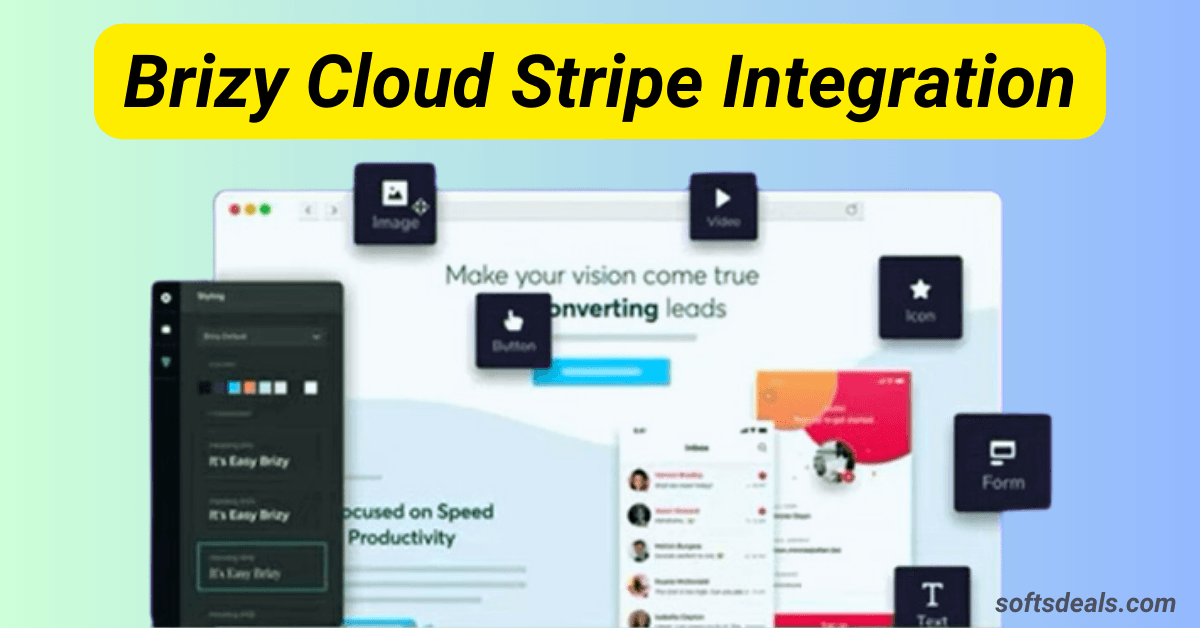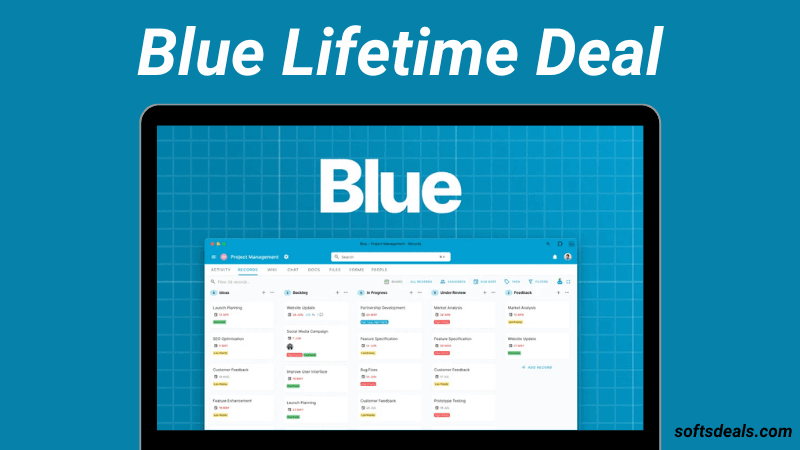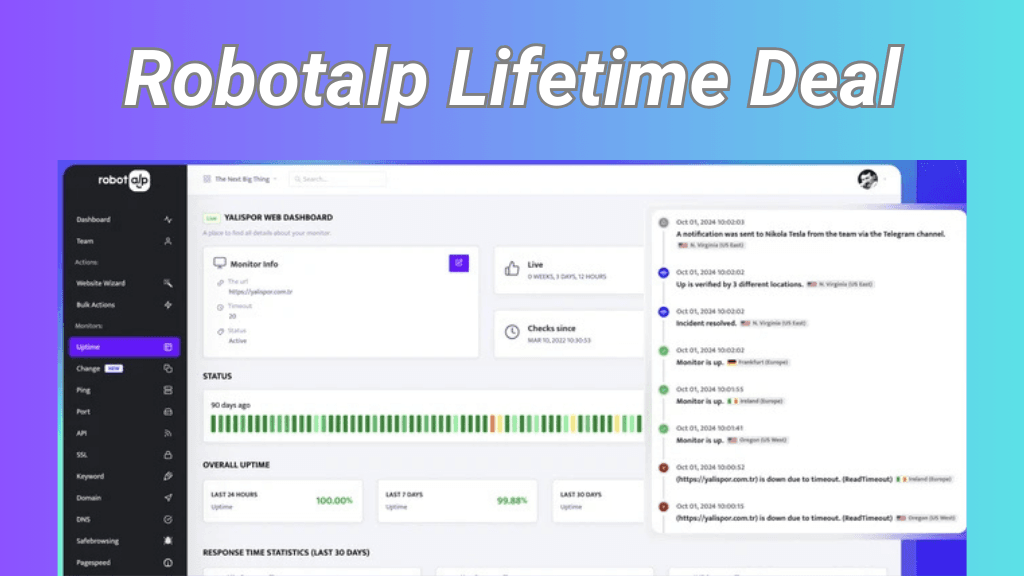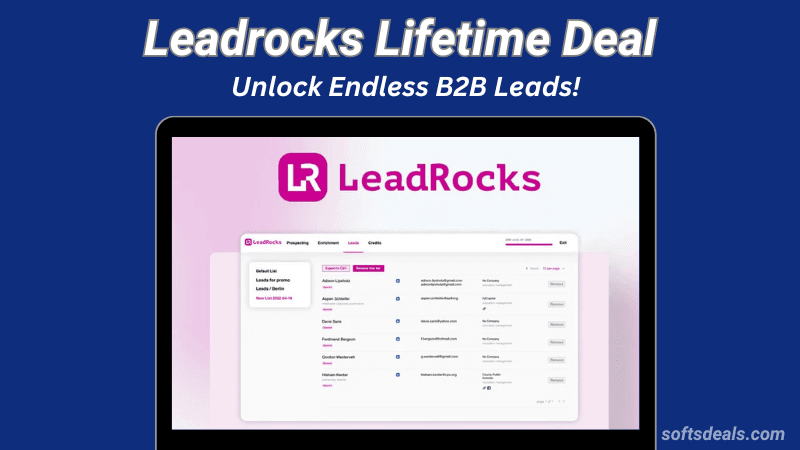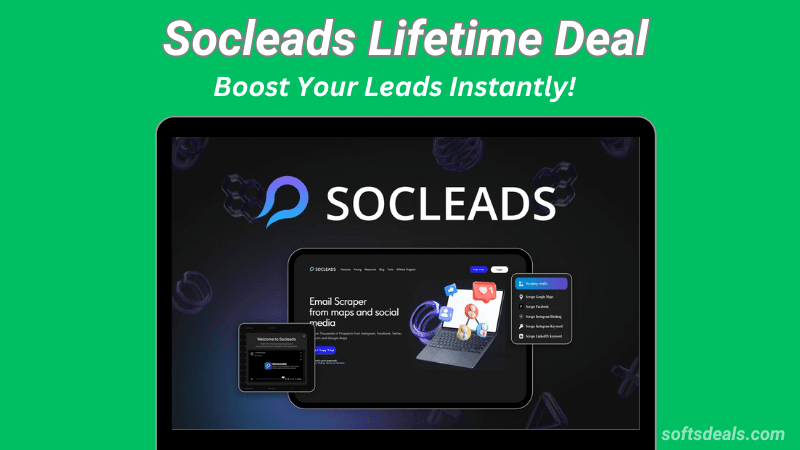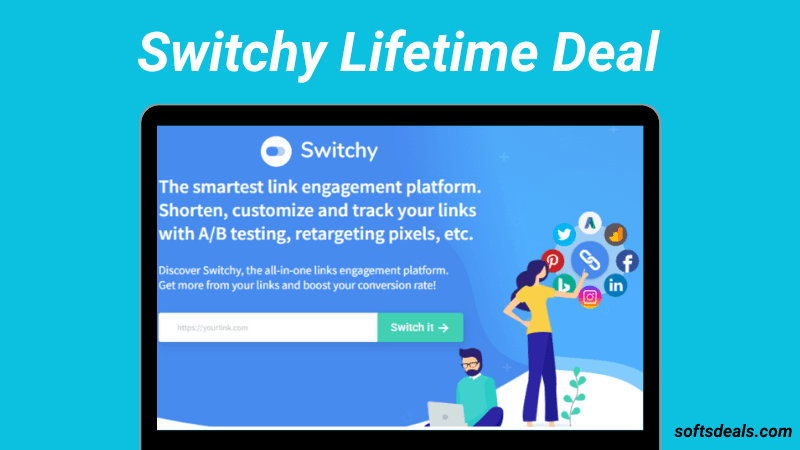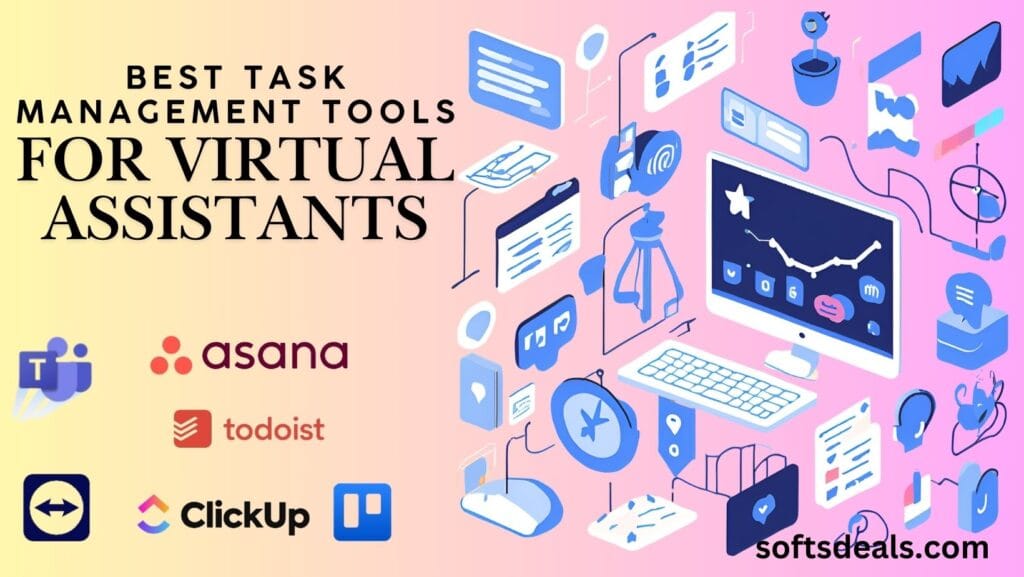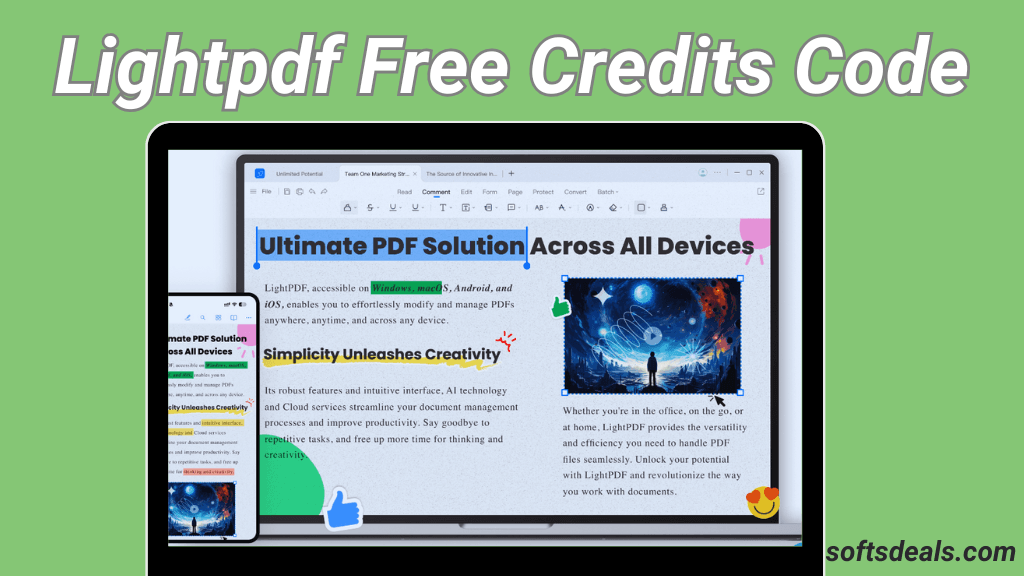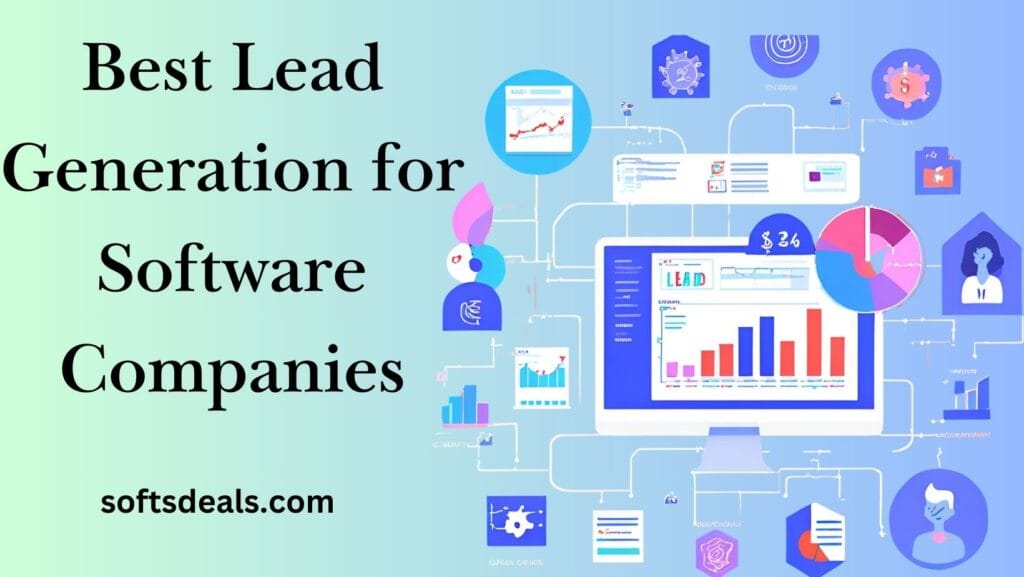Choosing the right marketing platform can be challenging. Salesforce Marketing Cloud vs HubSpot are two popular options.
Both platforms offer robust features for marketers. But how do they compare? This blog post will explore the key differences and similarities. Understanding these can help businesses make informed decisions. Whether you are a small business or a large enterprise, knowing what each tool offers is crucial.
We will dive into their features, usability, and pricing. By the end, you will have a clear picture of which platform suits your needs. Read on to discover how Salesforce Marketing Cloud and HubSpot stack up against each other.

Platform Comparison
Choosing between Salesforce Marketing Cloud and HubSpot can be challenging. Both platforms offer robust features to enhance your marketing efforts. This platform comparison will help you understand the key differences and similarities, focusing on key features and user interface.
Key Features
Both Salesforce Marketing Cloud and HubSpot provide a range of features to meet your marketing needs. Here’s a look at some key features of each platform:
- Salesforce Marketing Cloud:
- Email Studio: Advanced email marketing capabilities.
- Journey Builder: Create personalized customer journeys.
- Social Studio: Manage and analyze social media channels.
- Advertising Studio: Target ads based on CRM data.
- Analytics Builder: In-depth reporting and analytics.
- HubSpot:
- Email Marketing: Easy-to-use email marketing tools.
- Marketing Automation: Automate marketing workflows.
- Social Media Management: Monitor and manage social media.
- Ads Management: Run and analyze ad campaigns.
- Analytics: Comprehensive analytics and reports.
Here’s a quick comparison table to summarize the key features:
| Feature | Salesforce Marketing Cloud | HubSpot |
|---|---|---|
| Email Marketing | Advanced | User-friendly |
| Marketing Automation | Yes | Yes |
| Social Media Management | Yes | Yes |
| Ads Management | Yes | Yes |
| Analytics | In-depth | Comprehensive |
User Interface
The user interface plays a crucial role in how easily you can navigate and use a platform. Let’s explore the user interfaces of Salesforce Marketing Cloud and HubSpot:
Salesforce Marketing Cloud:
Salesforce Marketing Cloud offers a comprehensive and robust interface. It might seem complex at first, but it provides advanced customization. You can tailor dashboards to meet your specific needs. The learning curve is steeper, but the depth of functionality is vast. It suits advanced users and large enterprises.
HubSpot:
HubSpot is known for its intuitive and user-friendly interface. It is designed with simplicity in mind, making it easy for beginners. The drag-and-drop features simplify tasks such as email creation and workflow automation. Navigation is straightforward, and the learning curve is minimal. It is ideal for small to medium-sized businesses.
Below is a comparison of the user interfaces:
- Salesforce Marketing Cloud:
- Advanced customization
- Steep learning curve
- Suitable for large enterprises
- HubSpot:
- User-friendly
- Easy navigation
- Ideal for small to medium-sized businesses
Pricing Structures
Salesforce Marketing Cloud and HubSpot are two of the most popular marketing platforms. Both offer unique features, but their pricing structures differ. Understanding these differences can help businesses choose the best fit for their needs.
Cost Analysis
Salesforce Marketing Cloud offers a variety of pricing plans. These plans are typically customized based on the specific needs of a business. This means that pricing can vary greatly. Generally, the costs are higher compared to HubSpot.
HubSpot, on the other hand, has more straightforward pricing. They offer three main plans: Starter, Professional, and Enterprise. Each plan comes with a set price and a clear list of features.
| Platform | Pricing Plan | Cost |
|---|---|---|
| Salesforce Marketing Cloud | Custom Plans | Varies |
| HubSpot | Starter | $50/month |
| HubSpot | Professional | $800/month |
| HubSpot | Enterprise | $3,200/month |
HubSpot’s pricing structure is more transparent. Businesses can easily choose a plan that fits their budget. On the other hand, Salesforce’s custom pricing can be a bit daunting. It may require detailed discussions with sales representatives.
Value For Money
When comparing value for money, it is crucial to consider the features and benefits each platform offers. Salesforce Marketing Cloud is known for its advanced features. These include predictive analytics, AI capabilities, and extensive customization options. These features can justify the higher cost for larger enterprises.
HubSpot provides great value for small to medium-sized businesses. The platform is user-friendly and offers excellent customer support. Their lower-tier plans come with a broad range of features that are sufficient for most businesses.
- Salesforce Marketing Cloud:
- Advanced analytics
- Customization options
- AI capabilities
- HubSpot:
- User-friendly interface
- Comprehensive customer support
- Wide range of features in lower-tier plans
HubSpot’s clear pricing and ample features make it a favorite for smaller businesses. Meanwhile, Salesforce Marketing Cloud’s advanced capabilities offer significant value for larger enterprises.
Target Audience
Salesforce Marketing Cloud and HubSpot are two popular marketing platforms. Each caters to different types of users. Understanding the target audience for each tool is crucial for making the right choice. This section will help clarify their target audience based on business size and industry focus.
Business Size
Salesforce Marketing Cloud and HubSpot serve businesses of different sizes. Knowing which is best for your business size can be key to your marketing success.
Salesforce Marketing Cloud is designed for larger enterprises. It offers extensive features that cater to complex business needs. These features include:
- Advanced analytics
- Personalized customer journeys
- Robust automation tools
These tools can be overwhelming for small businesses. The platform’s complexity and cost are often more suitable for companies with substantial marketing budgets.
HubSpot, on the other hand, is ideal for small to medium-sized businesses. It provides a user-friendly interface and is easier to implement. Key features include:
- Simple CRM integration
- Basic automation
- Easy-to-use tools for content creation
HubSpot’s pricing structure also caters to smaller budgets, making it accessible for startups and growing companies.
Here’s a quick comparison:
| Feature | Salesforce Marketing Cloud | HubSpot |
|---|---|---|
| Business Size | Large Enterprises | Small to Medium-Sized Businesses |
| Complexity | High | Low to Medium |
| Cost | High | Low to Medium |
Industry Focus
The industry focus of a marketing platform can determine how well it meets specific needs. Both Salesforce Marketing Cloud and HubSpot target different industry sectors.
Salesforce Marketing Cloud is versatile and can be used across various industries. It is particularly strong in:
- Finance
- Healthcare
- Retail
Its advanced features support complex regulatory requirements and large-scale marketing campaigns. This makes it a good fit for industries with strict compliance needs.
HubSpot focuses on industries that benefit from inbound marketing. It is popular among:
- Technology
- Education
- Professional services
HubSpot’s tools are tailored for content marketing, SEO, and lead nurturing. These are essential for businesses looking to attract and engage customers online.
Here’s a brief overview:
| Feature | Salesforce Marketing Cloud | HubSpot |
|---|---|---|
| Industry Focus | Finance, Healthcare, Retail | Technology, Education, Professional Services |
| Compliance Needs | High | Low to Medium |
| Marketing Approach | Outbound & Inbound | Inbound |
Integration Capabilities
Salesforce Marketing Cloud and HubSpot are both powerful marketing tools. Their integration capabilities play a big role in their effectiveness. Understanding how they integrate with other platforms can help you decide which is best for your needs.
Third-party Integrations
Salesforce Marketing Cloud offers extensive third-party integrations. It connects seamlessly with other Salesforce products. This is beneficial if your business already uses Salesforce CRM. Additionally, it supports a wide range of integrations with other tools:
- Social media platforms like Facebook, Twitter, and LinkedIn.
- Advertising tools such as Google Ads and Facebook Ads.
- Email services like Gmail and Outlook.
- Analytics tools including Google Analytics.
HubSpot also provides robust third-party integrations. It integrates well with many popular business tools. This makes it easy to manage your marketing efforts in one place:
- CRM systems like Salesforce and Zoho CRM.
- Customer support tools like Zendesk and Intercom.
- E-commerce platforms such as Shopify and WooCommerce.
- Webinar tools like Zoom and GoToWebinar.
Here is a comparison table for better understanding:
| Integration Category | Salesforce Marketing Cloud | HubSpot |
|---|---|---|
| CRM Systems | Native Salesforce Integration | Salesforce, Zoho CRM |
| Social Media | Facebook, Twitter, LinkedIn | Facebook, Twitter, LinkedIn |
| Email Services | Gmail, Outlook | Gmail, Outlook |
| Analytics Tools | Google Analytics | Google Analytics |
Api Accessibility
Salesforce Marketing Cloud provides robust API accessibility. It offers a wide range of APIs for various functions:
- Data APIs for managing data extensions and lists.
- Messaging APIs for sending emails, SMS, and push notifications.
- Journey Builder APIs for managing customer journeys.
- Automation APIs for creating and managing automations.
These APIs are well-documented. This makes it easier for developers to integrate and customize the platform. Salesforce also offers comprehensive support and resources for developers.
HubSpot also offers strong API accessibility. It provides several APIs to help you extend the functionality of the platform:
- Contacts API for managing contact data.
- Forms API for submitting data to forms.
- Engagements API for logging emails, notes, and tasks.
- CRM API for accessing CRM objects like companies, deals, and tickets.
HubSpot’s APIs are user-friendly. They are well-documented and easy to use. HubSpot also provides a developer community and resources for support.
Here is a comparison table:
| API Type | Salesforce Marketing Cloud | HubSpot |
|---|---|---|
| Data Management | Data APIs | Contacts API |
| Messaging | Messaging APIs | Engagements API |
| Customer Journeys | Journey Builder APIs | CRM API |
| Automations | Automation APIs | Forms API |
Automation Tools
Salesforce Marketing Cloud and HubSpot are two powerful platforms for marketing automation. They both offer robust tools to streamline your marketing efforts. Understanding their capabilities can help you choose the best fit for your business. Let’s dive into the automation tools they offer, focusing on Email Marketing tools and Lead Nurturing.
Email Marketing
Email marketing is a crucial component for any business. Both Salesforce Marketing Cloud and HubSpot provide strong email marketing tools. Here’s a closer look at what each platform offers.
Salesforce Marketing Cloud:
- Comprehensive email campaign management
- Drag-and-drop email builder
- Personalization with AI-driven insights
- A/B testing capabilities
- Advanced analytics and reporting
HubSpot:
- User-friendly email editor
- Automated email workflows
- Smart content for personalized emails
- Detailed performance tracking
- Integration with CRM for seamless data flow
Both platforms offer powerful tools, but they cater to different needs. Salesforce Marketing Cloud is ideal for larger enterprises seeking deep analytics and AI-driven insights. HubSpot is great for small to mid-sized businesses wanting an intuitive interface and strong CRM integration.
Lead Nurturing
Lead nurturing is essential for turning prospects into customers. Both Salesforce Marketing Cloud and HubSpot excel in this area but in different ways.
Salesforce Marketing Cloud:
- Journey Builder for creating complex customer journeys
- Trigger-based automation
- Advanced segmentation
- Integration with Salesforce CRM
- Real-time tracking and optimization
HubSpot:
- Workflows tool for automated lead nurturing
- Lead scoring to prioritize leads
- Personalized content based on lead behavior
- Seamless CRM integration
- Detailed analytics and reporting
Salesforce Marketing Cloud offers more complex lead nurturing capabilities. It is best for businesses with intricate customer journeys and advanced segmentation needs. HubSpot provides an easier setup with robust lead scoring and personalized content, suitable for businesses of all sizes.
Analytics And Reporting
Salesforce Marketing Cloud and Hubspot are popular tools for digital marketing. Both offer robust analytics and reporting features. This helps businesses understand their marketing performance. Knowing the strengths of each platform can guide your choice. Let’s explore their analytics and reporting capabilities.
Data Insights
Data insights are crucial for making informed decisions. Salesforce Marketing Cloud offers detailed data segmentation and customer journey tracking. It helps in understanding customer behavior and preferences.
Hubspot, on the other hand, provides user-friendly data visualization. It offers insights into website traffic, lead generation, and customer engagement. This makes it easier for teams to analyze and act on data.
Here is a comparison of their data insights features:
| Feature | Salesforce Marketing Cloud | Hubspot |
|---|---|---|
| Data Segmentation | Advanced | Basic |
| Customer Journey Tracking | Comprehensive | Moderate |
| Data Visualization | Complex | Simple |
Salesforce offers deeper segmentation and journey tracking. Hubspot excels in ease of use and visualization.
Performance Metrics
Tracking performance metrics helps in measuring campaign success. Salesforce Marketing Cloud provides extensive metrics. These include email open rates, click-through rates, and conversion rates. It also offers custom dashboards for detailed analysis.
Hubspot focuses on simplicity. It offers metrics like website traffic, lead conversion rates, and social media engagement. It allows easy integration with other tools for comprehensive reporting.
Here is a quick look at their performance metrics capabilities:
- Salesforce Marketing Cloud:
- Email open rates
- Click-through rates
- Conversion rates
- Custom dashboards
- Hubspot:
- Website traffic
- Lead conversion rates
- Social media engagement
- Tool integration
Salesforce offers more detailed metrics. Hubspot provides a user-friendly approach to performance tracking.
Customer Support
Choosing the right marketing platform can be tough. Both Salesforce Marketing Cloud and HubSpot offer robust features. But customer support is a crucial factor to consider. Let’s dive into how each platform fares in this area.
Availability
Availability of customer support can make or break your experience with a marketing platform. Salesforce Marketing Cloud boasts 24/7 support. This round-the-clock service ensures that you can get help whenever needed.
HubSpot also offers extensive support, but with some differences. Free users have access during business hours. However, paid users can enjoy 24/7 support, similar to Salesforce.
- Salesforce Marketing Cloud: 24/7 support for all users.
- HubSpot: 24/7 support for paid users; business hours for free users.
Both platforms prioritize customer needs. But Salesforce offers more consistent availability across all user levels. This can be a deciding factor for businesses needing constant support.
Support Channels
Support channels are another critical aspect to consider. Salesforce Marketing Cloud provides multiple channels. These include:
- Email support
- Phone support
- Live chat
- Community forums
HubSpot also excels in offering various support channels. These include:
- Email support
- Phone support
- Live chat
- Extensive knowledge base
Both platforms offer similar channels. Yet, HubSpot’s knowledge base is particularly noteworthy. It provides an extensive range of articles, guides, and tutorials. This can be beneficial for self-service support.
Here’s a quick comparison table:
| Support Channel | Salesforce Marketing Cloud | HubSpot |
|---|---|---|
| Email Support | Yes | Yes |
| Phone Support | Yes | Yes |
| Live Chat | Yes | Yes |
| Community Forums | Yes | No |
| Knowledge Base | Standard | Extensive |
Both platforms are strong in customer support. But the choice depends on your specific needs and preferences.

User Reviews
When comparing Salesforce Marketing Cloud and HubSpot, user reviews offer valuable insights into the strengths and weaknesses of each platform. Reviews reflect real experiences, helping potential users decide which tool suits their needs. Let’s delve into the pros and cons, as well as real user experiences, to provide a comprehensive understanding.
Pros And Cons
Both Salesforce Marketing Cloud and HubSpot come with their own sets of advantages and disadvantages. Understanding these can help users make an informed choice.
- Salesforce Marketing Cloud Pros:
- Highly customizable
- Advanced analytics and reporting
- Integrates seamlessly with other Salesforce products
- Powerful automation features
- Salesforce Marketing Cloud Cons:
- Steep learning curve
- Higher cost compared to competitors
- Complex setup process
- HubSpot Pros:
- User-friendly interface
- Comprehensive suite of marketing tools
- Affordable pricing options
- Excellent customer support
- HubSpot Cons:
- Limited customization options
- Less advanced analytics
- Some features require higher-tier plans
In summary, Salesforce Marketing Cloud excels in customization and advanced features, making it suitable for large enterprises. HubSpot, on the other hand, offers a user-friendly experience and affordability, ideal for small to medium-sized businesses.
Real User Experiences
Real user experiences provide an authentic look at how these platforms perform in everyday use. Below are some insights shared by actual users.
| Salesforce Marketing Cloud | HubSpot |
|---|---|
|
|
John, a digital marketer, found Salesforce Marketing Cloud powerful but challenging to master. He valued the detailed analytics but struggled with the initial setup. Sarah, a small business owner, praised HubSpot’s ease of use and customer support. She felt it lacked some advanced features but found it perfect for her needs.
These real user experiences highlight the practical aspects of each platform. Salesforce Marketing Cloud is powerful but complex, while HubSpot is user-friendly but less customizable. Both have their merits, depending on the user’s specific requirements.

Frequently Asked Questions
What Is Salesforce Marketing Cloud?
Salesforce Marketing Cloud is a marketing automation platform. It helps businesses manage customer relationships and campaigns.
What Is Hubspot?
HubSpot is a CRM platform. It offers tools for marketing, sales, and customer service.
How Do Salesforce Marketing Cloud And Hubspot Differ?
Salesforce Marketing Cloud focuses on large businesses. HubSpot is more suitable for small to medium-sized businesses.
Which Platform Is Easier To Use?
HubSpot is often considered easier to use. It has a user-friendly interface.
What Are The Main Features Of Salesforce Marketing Cloud?
Salesforce Marketing Cloud offers email marketing, social media management, and analytics. It integrates with Salesforce CRM.
What Are Hubspot’s Key Features?
HubSpot provides email marketing, lead generation, and customer service tools. It includes a free CRM.
Which Platform Is More Cost-effective?
HubSpot generally offers more affordable plans. It provides a free CRM option.
Can Both Platforms Integrate With Other Tools?
Yes, both platforms integrate with various third-party tools. They support numerous apps and services.
Conclusion
Choosing between Salesforce Marketing Cloud and HubSpot depends on your needs. Salesforce offers more customization for large businesses. HubSpot is user-friendly and fits smaller teams. Both platforms have unique strengths. Your decision should align with your marketing goals. Evaluate features, budget, and support.
Make an informed choice for your business. Remember, the right tool boosts your marketing success. So, consider all factors carefully before deciding.

